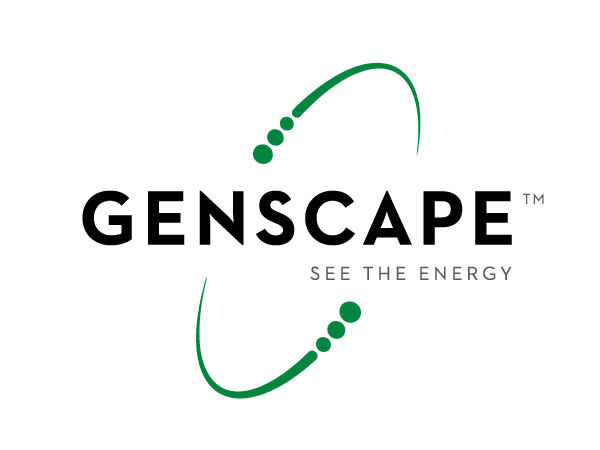Quality assurance plans bring confidence to RIN markets

March 8, 2014
BY NBB Staff
The renewable fuel standard (RFS) continues to be the driving force behind record biodiesel production volumes in the industry, and as the volumes grow, the integrity of the compliance mechanism of RINs becomes increasingly important. There are a number of private sector RIN integrity programs, but the Genscape RIN Integrity Network, developed with the support of the National Biodiesel Board and its members, is one of the most robust quality assurance plans (QAP) for RIN verification.
Genscape provides U.S. EPA preregistered QAP services and a number of other RIN integrity, RFS and low carbon fuel standard services to more than 40 renewable fuel producers, obligated parties, and midmarketers across three continents.
QAP has translated into increased RIN value for Genscape producers. QAP provides additional value not just for producers with smaller balance sheets or for producers who are new to the industry, but also for larger, well-established producers. In one example, a longstanding biodiesel producer looked to Genscape to provide RIN integrity guidance and proof of RIN assurance to two new buyers. This is an indicator that buyers are starting to rely more on third-party RIN integrity, like QAP, even for larger, more well-established producers.
One of the biggest successes of the Genscape QAP service is that its clients observed a premium to the cash price midpoint. In November, the premium was more than 15 cents to the midpoint for Genscape QAP clients. Prior to QAP, these same producers were regularly getting paid a deficit of 5 to 15 cents to the midpoint. QAP has made a huge difference in the overall ability of producers to get the best prices for RINs, secure longer-term deals, grow their buyer base, and meet the increasing demand for QAP RINs in counterparty agreements.
Once the rule becomes final, Genscape expects another large market push for QAP assurance. There are still companies that are skeptical about QAP and only the final rule with assurance of affirmative defense will make those skeptics believers. For more information on the program, please visit www.genscape.com/rin.
Advertisement
Advertisement
Advertisement
Advertisement
Related Stories
FutureFuel Corp. on March 26 announced the restart of its 59 MMgy biodiesel plant in Batesville, Arkansas. The company’s annual report, released April 4, indicates biodiesel production was down 24% last year when compared to 2023.
Lawmakers in Wisconsin on April 3 announced their intent to introduce legislation that would create a $1.50 per gallon production tax credit for SAF. The bill is currently circulating for co-sponsorship support and will be formally introduced soon.
Neste has started producing SAF at its renewable products refinery in Rotterdam. The refinery has been modified to enable Neste to produce up to 500,000 tons of SAF per year. Neste’s global SAF production capacity is now 1.5 million tons.
A group of 16 senators, led by Sens. Chuck Grassley, R-Iowa, and Amy Klobuchar, D-Minn., on April 8 sent a letter to U.S. EPA Administrator Lee Zeldin urging the agency to increase RVO and account for SREs in the agency’s upcoming RFS rulemaking.
Tidewater expects to make final investment decision on proposed SAF project during second half of 2025
Tidewater Renewables Ltd. has reported that its biorefinery in Prince George, British Columbia, operated at 88% capacity last year. A final investment decision on the company’s proposed SAF project is expected by year end.
Upcoming Events










